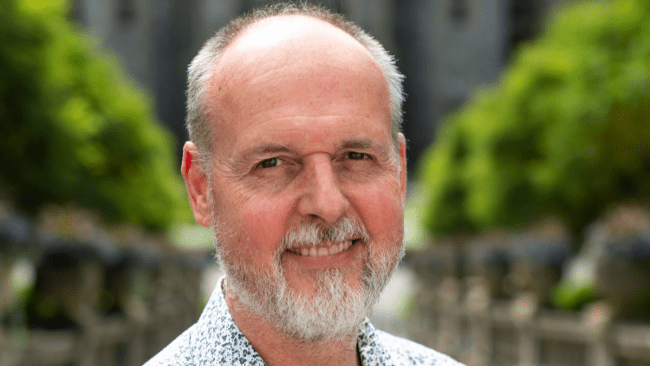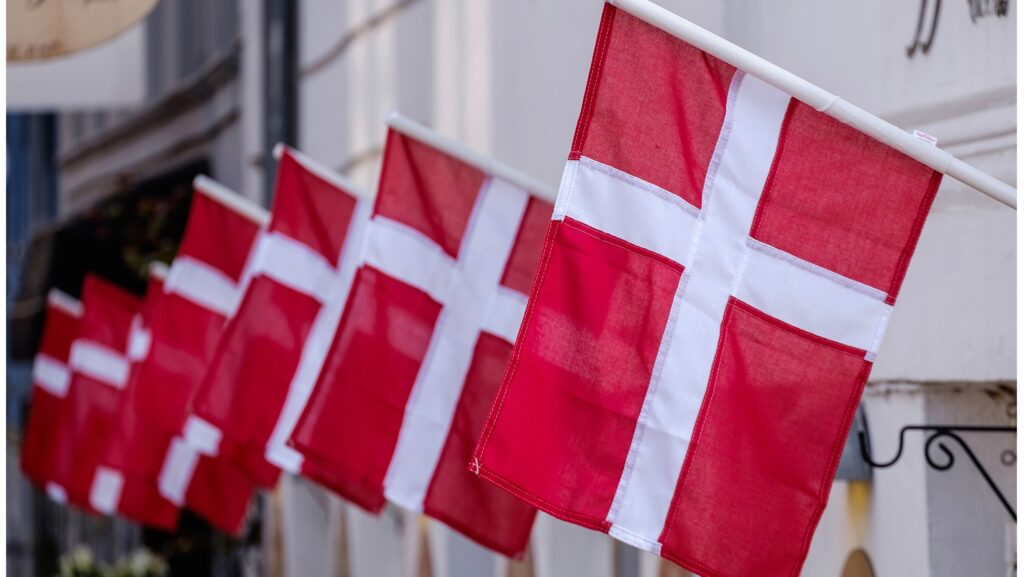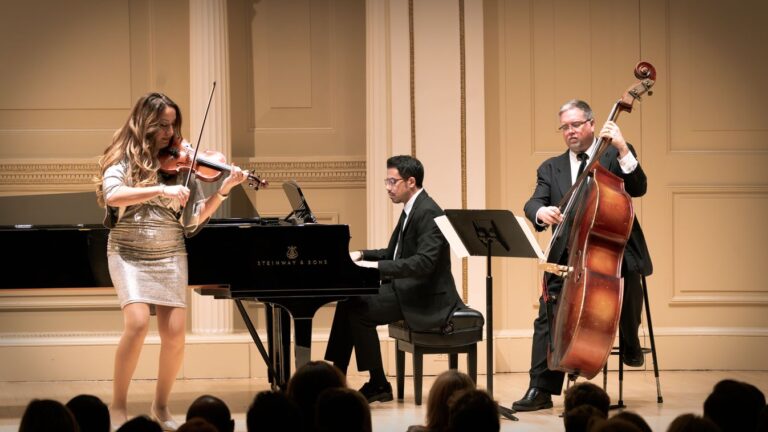Europe is increasingly focused on regulating what comes out of California, but lacks the resources and the initiative to innovate for themselves, Bill Durodié, a professor at the University of Bath, explained in an interview with Hungarian Conservative recorded at the MCC Feszt in July. Professor Durodié shared his views on what he sees as a profoundly undemocratic European Union, the incapacity of the EU to function in crises, and the nation-state losing its appeal to younger generations.
***
What is the biggest challenge of Europe in this decade?
Democracy.
Democracy? Why?
Because it’s fundamentally an anti-democratic set of institutions. It has a parliament that has no power. In most countries, only a few people are interested in electing the members of the European Parliament. Most of them do not know who their member of the European Parliament is, still less know or even care about what they do. The real power lies primarily with the Commission and the Council. And the whole European Union project—as opposed to the European community that preceded it which was primarily an economic integration project—the European Union from the outset has set itself up to exclude the voice of the people.
In my opinion, what has happened is that traditional nation-states are, I believe in the words of Abraham Lincoln, accountable. They draw their power from the people, they’re accountable to the people. That’s how a nation-state comes about through the passions and actions of ordinary people. Whereas when you become a member of the European Union, it’s a very interesting shift from a nation-state to a Member State, because the membership is primarily bestowed upon the leaders of those countries who meet in the Council. And increasingly, they become separated from the people whose voice they ought to represent and are accountable to and ultimately draw their authority from. And it’s fairly clear that they are very comfortable talking amongst themselves without feeling any pressure from the people. And you can see that in the whole commissions and constitutional courts and central banks. None of those draw their authority from the people. It’s a way of excluding the voice of the people from the European project.
And what measures in your opinion should the EU take to change this?
I don’t think the EU can take any measures to change it, because I think that’s the basis upon which it’s founded. This may seem a bit extreme, of course. Obviously, in the United Kingdom, as you all know, we had a Brexit vote. We’ve left the European Union; Hungary has not decided to do that for its own reasons.
But I just don’t think it’s a reformable entity.
The best thing would be to start again to create a set of institutions that are about economic development and growth and integration rather than pursuing political projects such as common foreign and security policies.
Some academics argue that the basis on which the EU was founded was Christianity. Do you think Christianity should be treated as a common value?
Well, obviously Viktor Orbán does. And that’s in the constitution of the Hungarian state, the Fundamental Law; it is specifically stated at the beginning of the Fundamental Law. And even some of the founding fathers of the European project, as opposed to the European Union, were quite clear that Christianity was part of the ethos, the moral framework through which Europe had come about and would continue to be pursued. When Viktor Orbán went to the European Parliament in 2012 to be told off by all manner of MEPs about the Hungarian constitution, it was quite striking that a number of them denied Christianity as a value of the European Union. So it has ceased to be a value. And I think projects that lose their sense of history and where they have come from are likely to not know where they’re going to, and I think that’s another problem. But I do think it’s important to understand that the key shift happens around 1990 with the reunification of Germany and then the creation of the European Union as opposed to the European economic community that preceded it. That signalled a key break with the founding project of Europe.
One of the things that happened in the European project was that, particularly when it came to important issues like national security, the bureaucrats involved did not want to upset their ministers. So it increasingly became a discussion about very narrow technical details. And so Europe is very good at regulating all manner of things. They regulate the chemicals that go into your children’s plastic ducks at bath time. And they can do that very well.
What is the problem, then?
Regulating is not the same as innovating. And one of the problems of the European project, particularly when you look at the digital front and the artificial intelligence world, is that they’re increasingly focused on regulating what comes out of California, but lacking the resources and the initiative to innovate for themselves. And as a very good friend of mine always points out, the referee in a football match does not win the game. They might regulate the game, but it’s the players who win the game. And Europe is not playing in that arena.
Is innovating even more important in times of crisis?
Europe is effective when nothing is happening. But the moment something important happens, it all falls apart. And you judge your friends by how they behave in a crisis. Indeed, I think one of the founding fathers of the European project said, Europe will be founded through crisis. Well if that’s true, it’s constantly found wanting. Whenever something important happens, then Europe ceases to exist, and we’ve got a long history of this, from the financial crisis in 2008, when every country went their own way to try and resolve their financial problems. During COVID, France immediately put an embargo on the export of protective equipment, which is counter to the European rules. And you can see similar behaviour elsewhere. And in the war in Ukraine, you see that national governments have pursued primarily their own projects. So they all have their own agendas. It’s just that they don’t like admitting to it.
What is it that Europe should do better then?
I think Europe’s not very good at cohering itself around a very focused emphasis on growth, development and innovation. And that’s where it ought to focus on. And so playing the regulatory game may top slice the profits that ought to be going ostensibly to multi-billion dollar Californian corporations. But that’s not the same as generating capital yourself. I can’t see it going very far. I mean
ultimately what really ought to happen is a celebration of nation-states.
That it ought to be nation-states with their own traditions, trajectories, beliefs, values and sense of identity that then choose to come together to work on particular projects. But Brussels has always been suspicions of anything to do with the nation, in part because of its own historical genesis. I mean, obviously it emerges in the aftermath of the Second World War. Nationalism is seen as having been one of the drivers and causes of the Second World War. And therefore anything to do with the nation is frowned upon at the European level. And you can even see that in how students, let’s say in Germany, they prefer to study international relations than politics. What happens is the state is seen as this kind of archaic, the nation state is seen as this archaic institution usually caricatured as relying on historical nostalgia and things like that. Ambitious young people either look to go to supranational organisations like the European Union, the United Nations, the World Health Organization. Or they look to sub-national organisations like civil society groups, non-governmental organisations.
But why?
Because nobody really cares passionately about the state. And yet the state remains the only legitimate authorized decision-making body for most people in the world.








